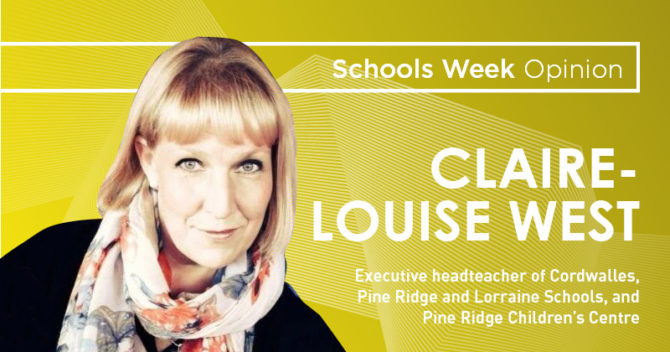The death of autonomy in schools risks becoming education’s mis-selling scandal, says Tony Breslin
Headship is changing fast. The growth of federations and multi-academy trusts, and the concurrent emergence of executive and multi-school leadership, threatens to break the promise of autonomy that has been central not just to the substance of headship (and governorship), but to its ideology – the basis on which it has been sold.

This broken promise risks becoming education’s own mis-selling scandal and, if left unacknowledged, will have a profound short-term impact on the recruitment and retention of heads.
Multi-school grouping, usually MAT-based, but not necessarily locally rooted, is rapidly becoming the new normal. The early academies were specific responses to particular circumstances, a group of shiny new schools with new freedoms to address old, entrenched inequalities. Today, two thirds of our secondary schools are academies, increasingly within MATs, and primary schools are clustering in similar ways, especially where local authority business models have fallen over or been stripped back.
For headship, this means five things:
• the emergence of executive leaders;
• this tier creates a further career move for a minority of heads, although these executive leaders are not necessarily educationists. The skill-set required to run a large MAT is arguably very different to that required for a single school;
• school-based leadership has been recast as a line-managed role, sometimes distinguished by the title of head of school;
• new reporting lines to governance, crystallised In an up-streaming of legal governance responsibilities to trust boards;
• new practical challenges for heads, executive leaders and boards, based around the challenge of aligning practice between schools across the group – an alignment that might relate to a plethora of issues: curriculum, behaviour, uniform, budget caps, branding, mission, vision and values.
In short, new-world headship in multi-school settings is about anything but autonomy. It is line-managed and bound by group rules that can drill deep into the identity and independence of individual schools.
This is a profound substantive and cultural change
Much of this could be positive. It might produce an emergent model of school leadership that is less isolated and more supportive and collaborative, one that is attractive to a much wider range of candidates. But for those who are currently heads, or about to cross the threshold into headship, this has never been the deal. New-world headship, coupled with upstreamed governance (to the MAT board), breaks a promise of autonomy that is as old as the system itself.
The local authority school improvement adviser is just that, an adviser; the regional director in a MAT is a line manager to school-based leaders in a quite different way and, their (usual) status as a senior professional within a formalised management structure brings a directness that is not typically there in the relationship between a head and a chair of governors.
This is a profound substantive and cultural change. The new executive roles are often poorly defined, resulting in frustration and neatly summarised in the comment of one experienced MAT-based principal: “if we are to be line-managed, we need to be line-managed by those who can offer something to our headship – are those who line-manage us prepared for the role, are they adequately trained, or did they just get lucky, or did they just get out?”
Recent data about the turnover of heads in MAT settings (NFER, 2017) would suggest that these issues are already impacting on retention. And here’s the problem: if our existing cohort of heads and aspiring heads – lamenting their lost autonomy and questioning the legitimacy and competence of the new executive leaders they report to depart before a generation of leaders, to whom no such promise of autonomy is being made, are ready to take their place, it will accentuate a situation where heads are already hard to attract and harder to keep hold of.







Those raucous cries of ‘autonomy’ were always false. They created a prison and called it freedom. https://www.localschoolsnetwork.org.uk/2011/12/%E2%80%9Cthey-create-a-prison-and-call-it-freedom-%E2%80%9D-schools-education-providers-and-autonomy
I’ve joined a MAT- worst ever decision. I have relative autonomy compared to many MATS but it is simply a head of school role in reality. DO NOT DO IT! I’d go back to the LA without hesitation- and yes they were poor and didn’t offer a great deal.
Interesting piece Tony. I am just returning from another stint on various European projects ( in particular developing contacts and collaborations between the ‘democratic education’ sector and mainstream democracy projects in Council of Europe, EU, and multi university/NGO future gazing initiatives using H2020 funding). I watched the BBC ‘Schools’ series and your comments fit my impressions precisely – also with my sister’s work for one of the few LA systems still working effectively.
Can’t help wishing that the ‘old gang’ from the Crick days could reassemble and work with Angela Raynor as we did with David Blanket – reminded of this when I read a piece of work on ‘Summer Academies’ run by the Wergeland Centre in Oslo written by David Kerr and found Liz Morse and Trevor Huddleston at their recent ‘Democratic Schools for All’ conference last month.
Hope all good with you!!
Derry